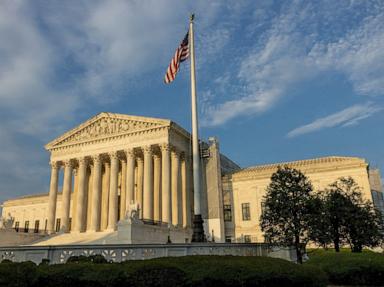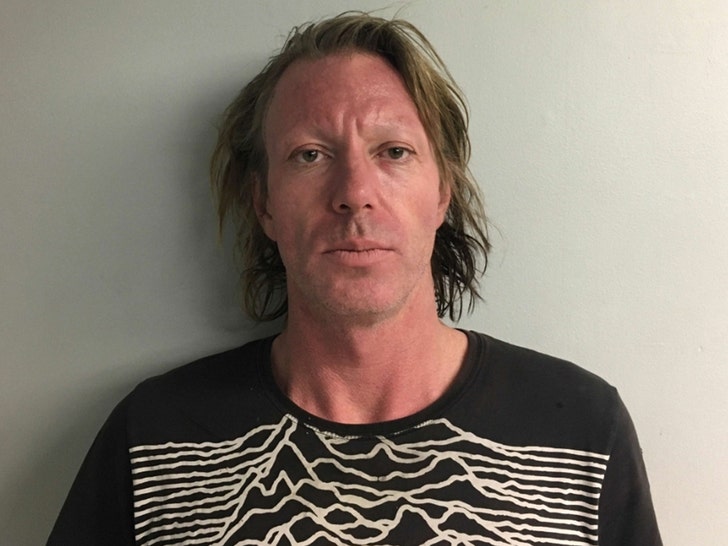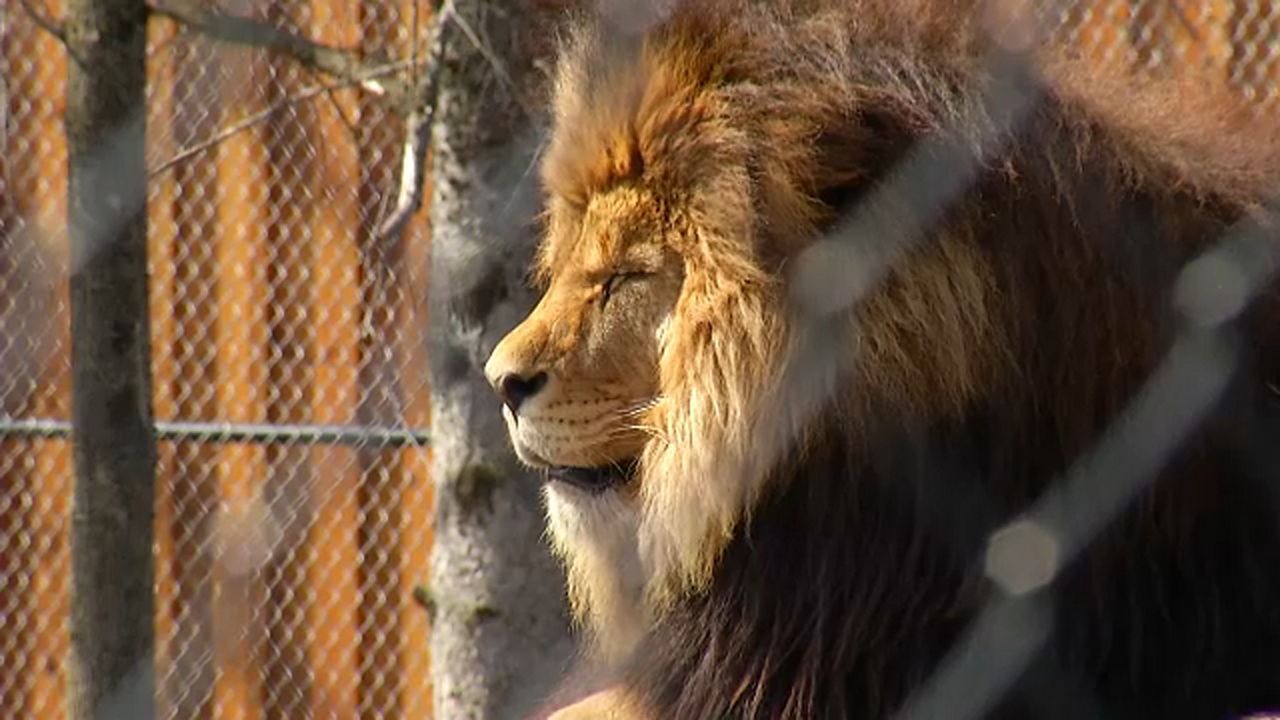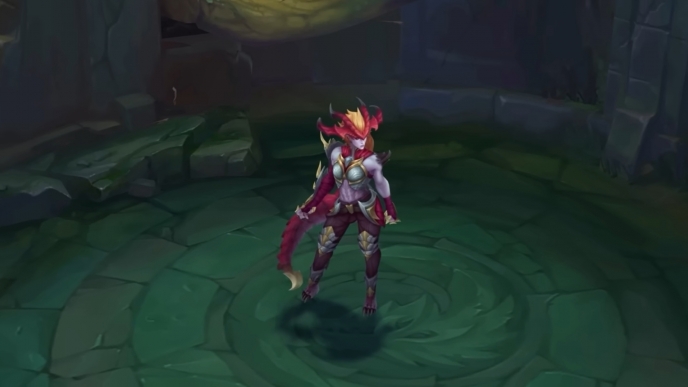
UPDATE: The U.S. Supreme Court is currently deliberating on a groundbreaking case that could reshape religious rights for Rastafarians behind bars. This week, the justices are addressing a pivotal issue involving the treatment of Rastafarians in the prison system, a case brought forth by Damon Landor, a devout Rastafarian from Louisiana.
URGENT DEVELOPMENTS: Landor’s case centers around his shocking experience at the Raymond Laborde Correctional Center in 2023, where he was forcibly shaved against his will, despite having adhered to his faith’s teachings for nearly two decades. Landor had grown his hair as part of the Nazarite Vow, a sacred promise in Rastafarianism symbolizing deep spiritual commitment.
“Being strapped down and shaved felt like a violation of my very existence,” Landor stated. His attorney, Zach Tripp, argues that without the ability to seek damages, the protections afforded by the Religious Land Use and Incarcerated Persons Act lack real enforcement power. “It is a right without a remedy,” he emphasized.
WHY THIS MATTERS NOW: This case is not just about Landor; it highlights a broader issue of discrimination and the struggle for accountability within the prison system. The Supreme Court’s ruling, expected by the end of June 2026, could determine if individual prison officials can be held liable for violating prisoners’ religious rights.
Civil rights advocates point to numerous instances of similar abuses. Solomon Tafari, who spent ten years in solitary confinement for refusing to cut his dreadlocks, expressed the emotional toll of such experiences. “It was my faith that kept me going,” he reflected. His story echoes the sentiments of many Rastafarians who feel marginalized and victimized within the justice system.
The case raises urgent questions about the balance between maintaining prison security and respecting the religious rights of incarcerated individuals. Louisiana Attorney General Liz Murrill noted, “While we support religious freedoms, imposing damages could jeopardize state budgets.”
The Rastafarian community, estimated to number several hundred thousand in the U.S., is closely watching the proceedings. Reggae artist Ziah Ayubu remarked, “This is not just about hair; it’s about our identity and our spiritual connection.”
As the Supreme Court weighs its decision, the implications for religious freedom and the treatment of minority faiths in correctional facilities stand to affect thousands of individuals across the nation. The outcome could compel prison officials to reconsider their policies regarding religious attire and grooming practices.
Advocates are calling for urgent change. “Justice is about making victims whole,” said Corey Shapiro, legal director at the ACLU of Kentucky, who represented victims in similar cases. “Monetary accountability could serve as a deterrent for future violations.”
As these legal discussions unfold, the Rastafarian community continues to hope for recognition and respect for their beliefs. “We’re still here, we’re still working, still loving each other and living together,” Ayubu concluded, reflecting the resilience of a culture that has faced adversity for decades.
This landmark case represents a critical moment in the ongoing fight for justice and equality within the U.S. prison system. Stay tuned as developments continue to emerge from the Supreme Court.






